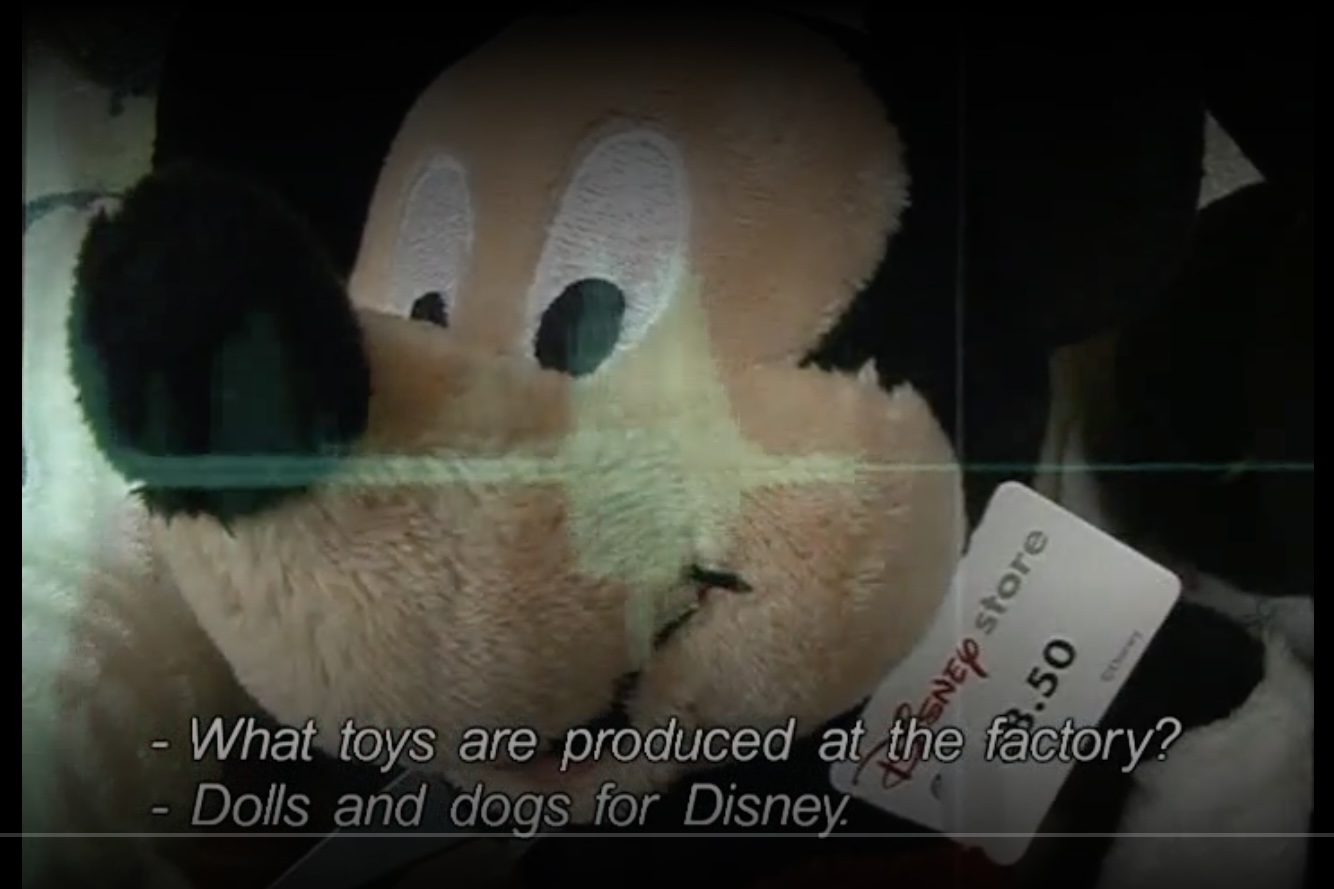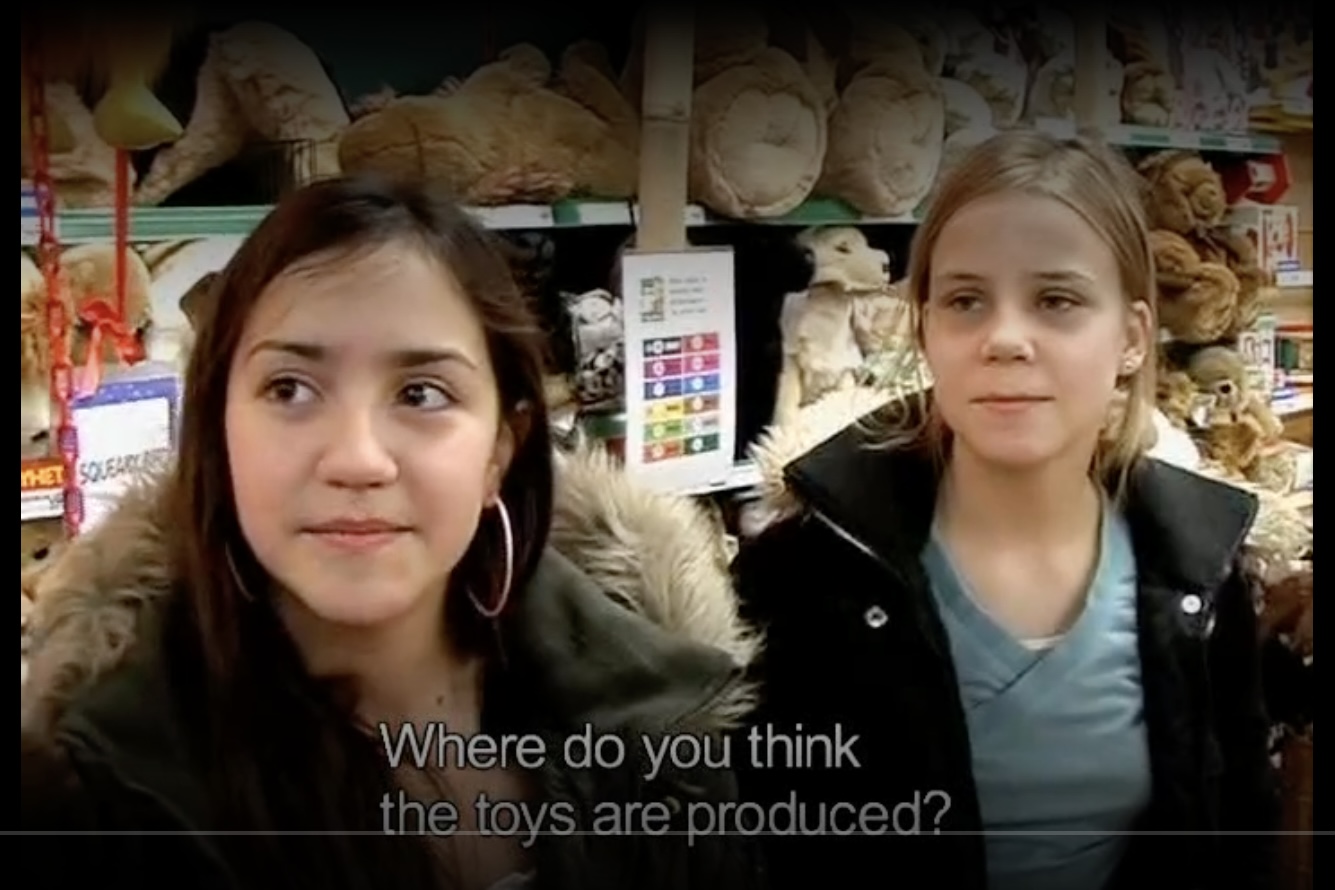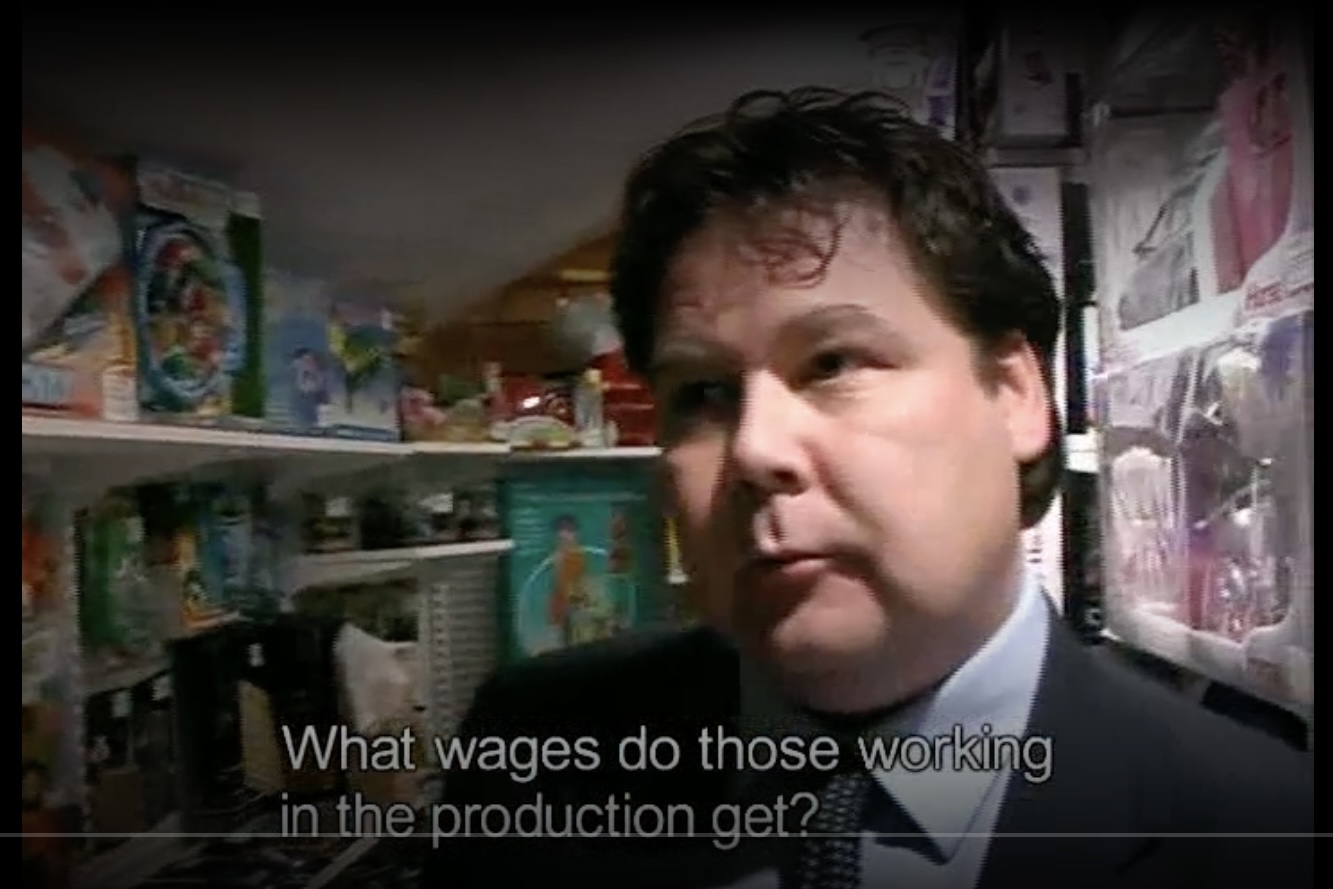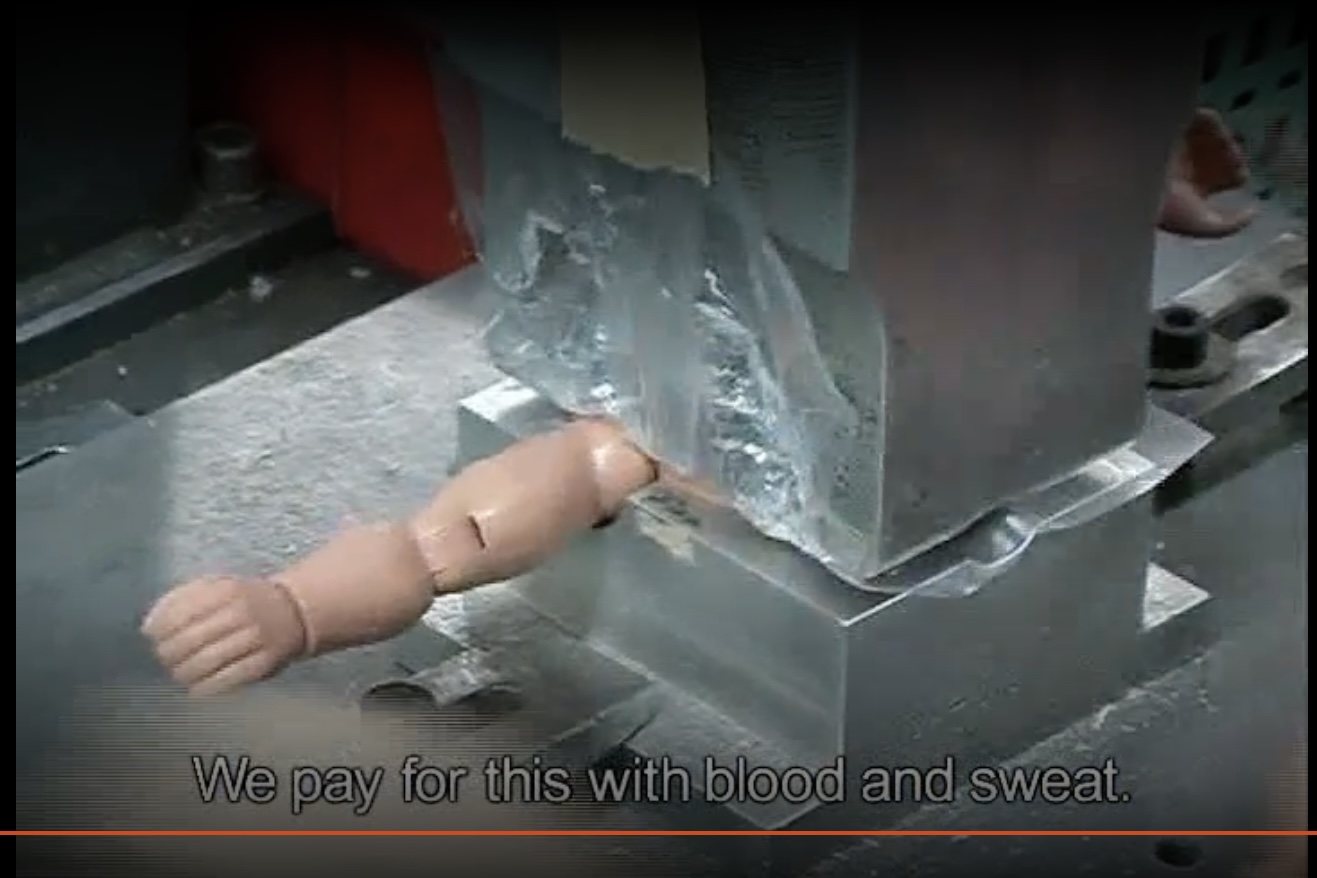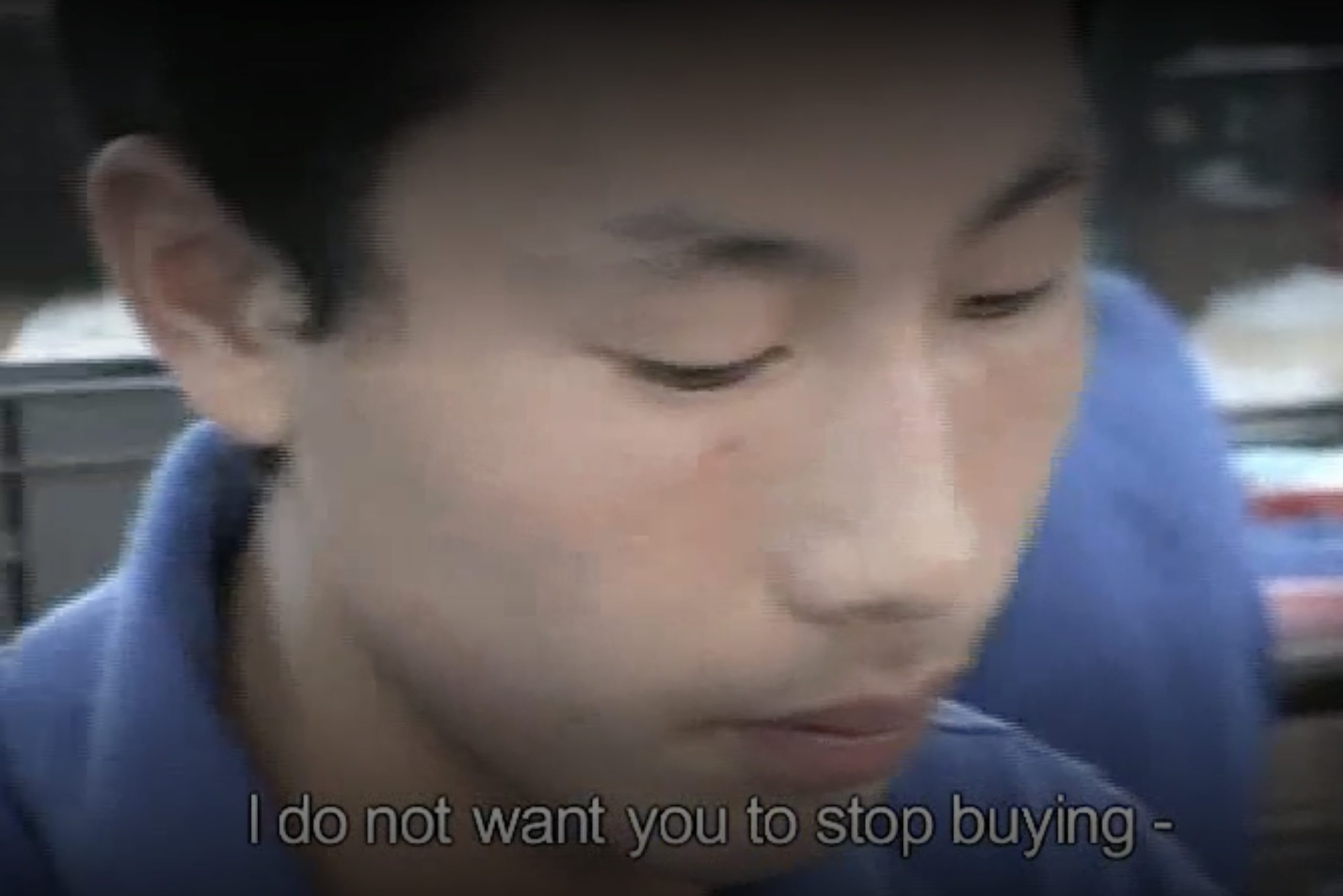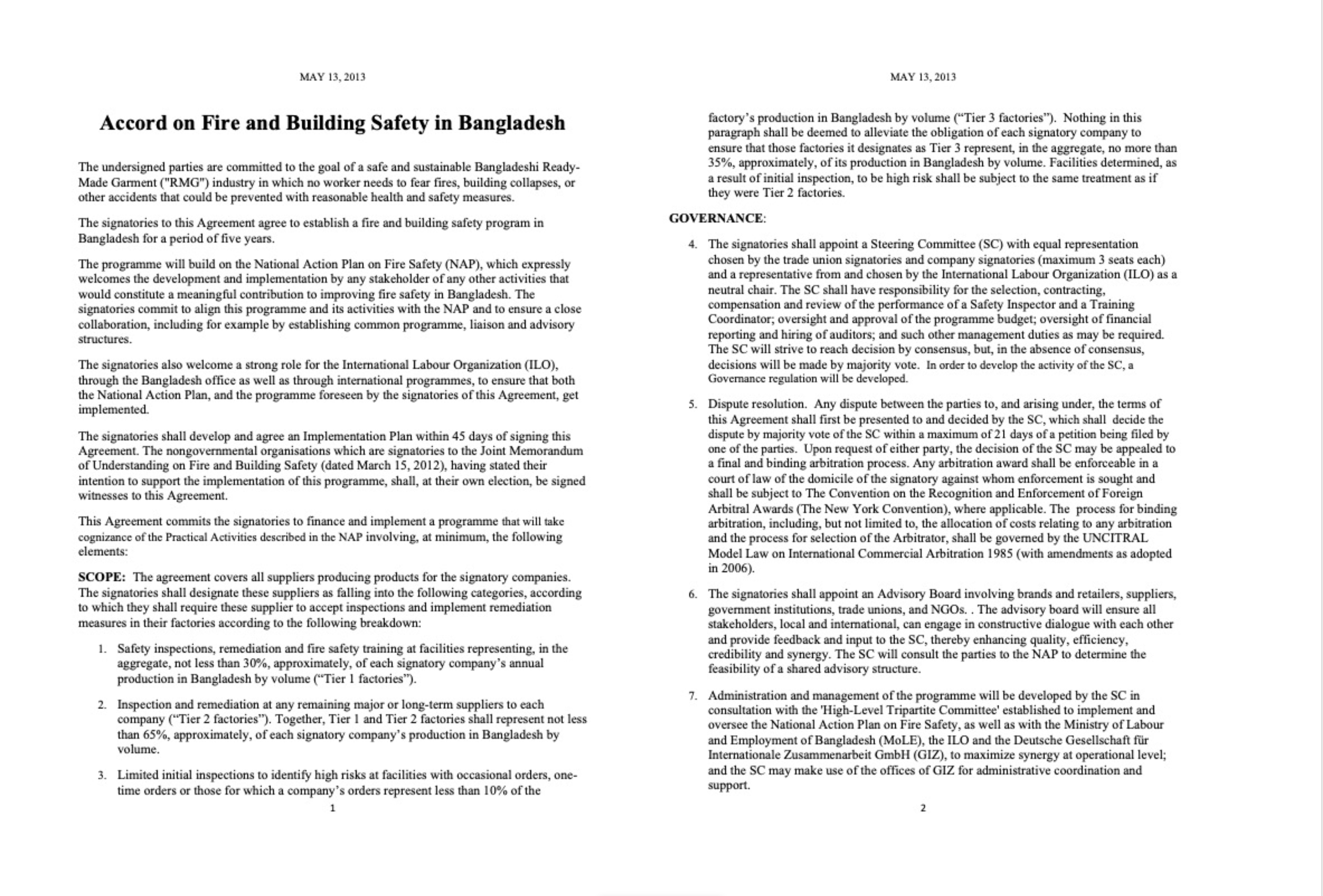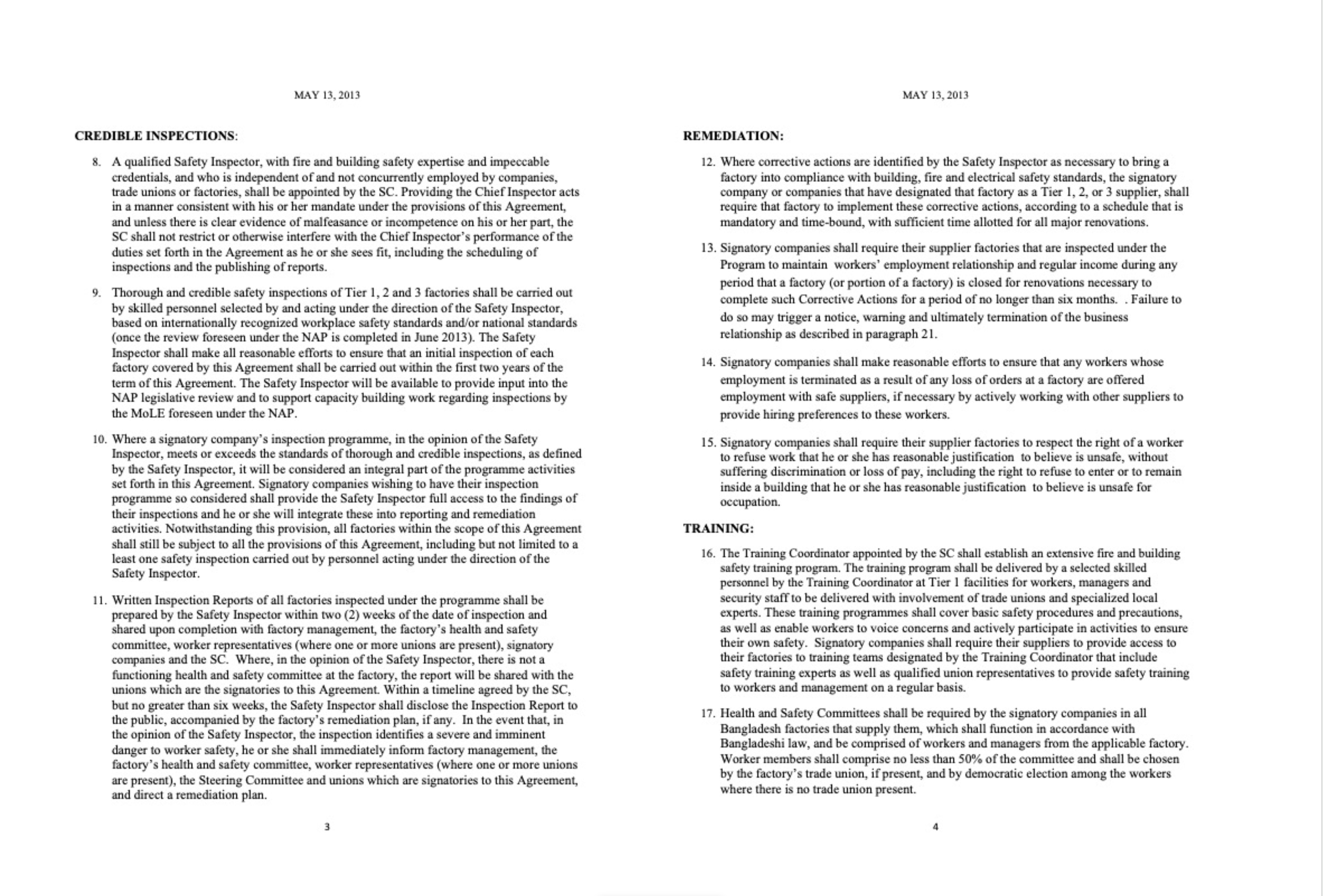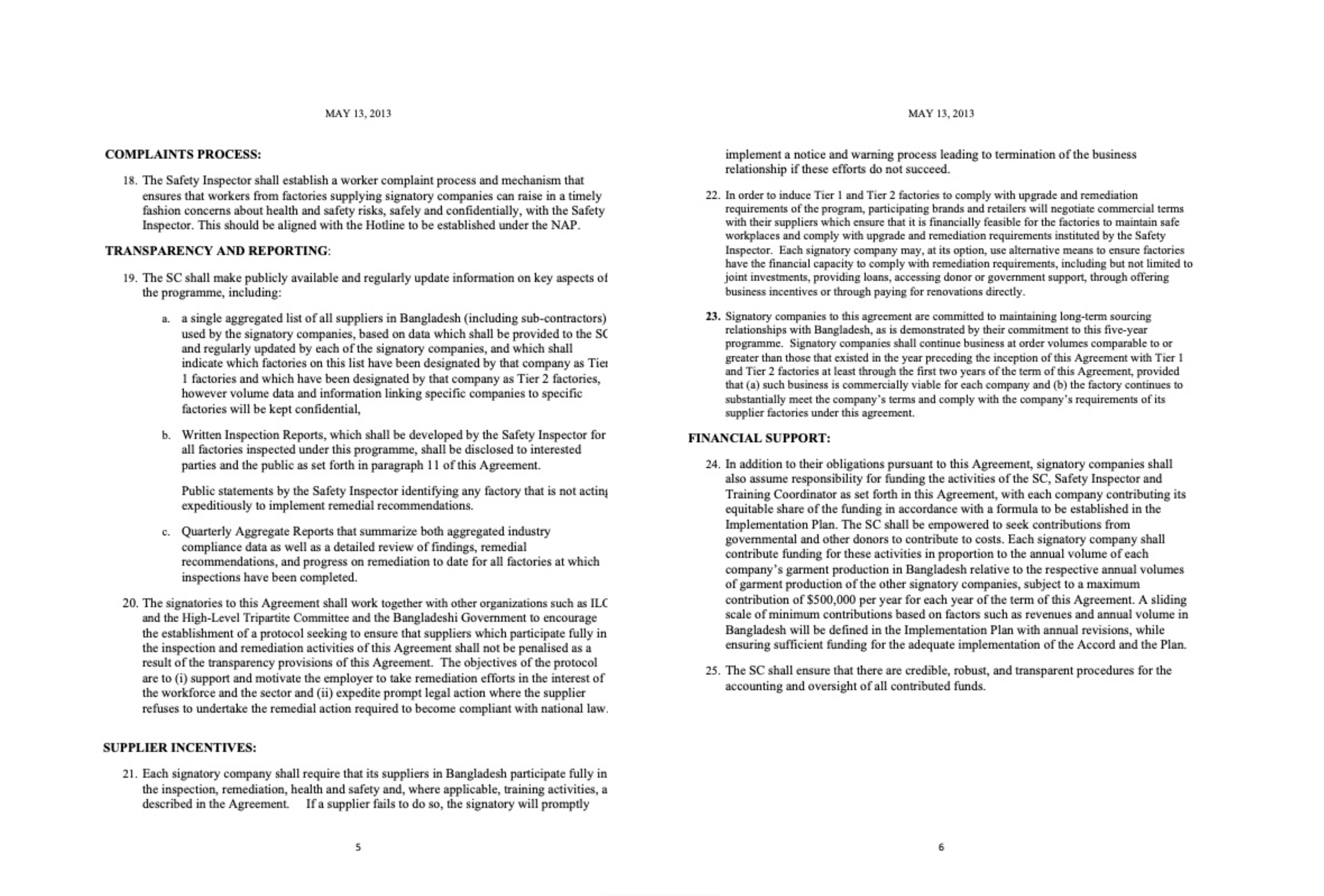
followthethings.com
Home & Auto
“Made In Dagenham“
A docu-drama directed by Nigel Cole and produced by Stephen Wooley & Elizabeth Karlsen for HanWay Films & Lipsync Productions.
Trailer embedded above. Available to watch in full on Box of Broadcasts (with institutional login) here. Search online for streaming options here.
In 1968, a group of 187 women sewing car seat covers at a Ford factory in the UK go on strike for equal pay. The work they do isn’t considered by the company to be ‘skilled’. So they get paid less than their officially ‘skilled’ male colleagues doing the same kind of work. Their strike action leads to the passing of equal pay legislation in the UK and overseas. In 2003, film producer Stephen Woolley is in his car listening to a radio show called The Reunion. It brings together people who lived through important historical events to talk about them. The episode that’s on brings together the women involved in this strike action forty years after it took place. Now in their 70s and 80s, he finds the way that they tell their story irreverent, hilarious, colourful and inspiring. He laughs his head off and is hooked. He’s never heard this story before. And they’re such characters! He wants to make a film about their struggle. But is it possible to make a mainstream movie that celebrates women’s involvement in successful strike action and legislative change? Despite a lack of industry interest in funding a movie about such serious topics, the answer is yes. The timing is right in the wake of the 2008 banking crisis and with the UK’s new Equality Act passing into law. The filmmaking team meets and interview the women, and create a central character who sums up the spirit of them all. Made in Dagenham is a hit. It brings an important turning point in the UK’s labour rights history to public attention. Audiences are moved to tears. This strike ‘was the spark that lit a flame that burns to this day’ says one commentator. Another calls it ‘a political movie that’s full on fun’. Some complain that it waters down the politics and overemphasises the fun. But it inspires some women who watch it to make their own claims for equal pay. There’s still along way to go on this issue. The strikers appear in the film’s credits. The fact that it’s based on real events is very clear. But what can a docu-drama do that a documentary cannot? For one thing, it has unhindered ‘access’ to all of the people involved in the story. In real life, some may refuse to take part.
Page reference: Sarah Brown, Izzy Brunswick, Julia Nientiedt, Alistair Wheeler, Camilla Windham & Becky Woolford (2013) Made in Dagenham. followthethings.com/made-in-dagenham.shtml (last accessed <insert date here>)
Estimated reading time: 40 minutes.
Continue reading Made in Dagenham ![]()




